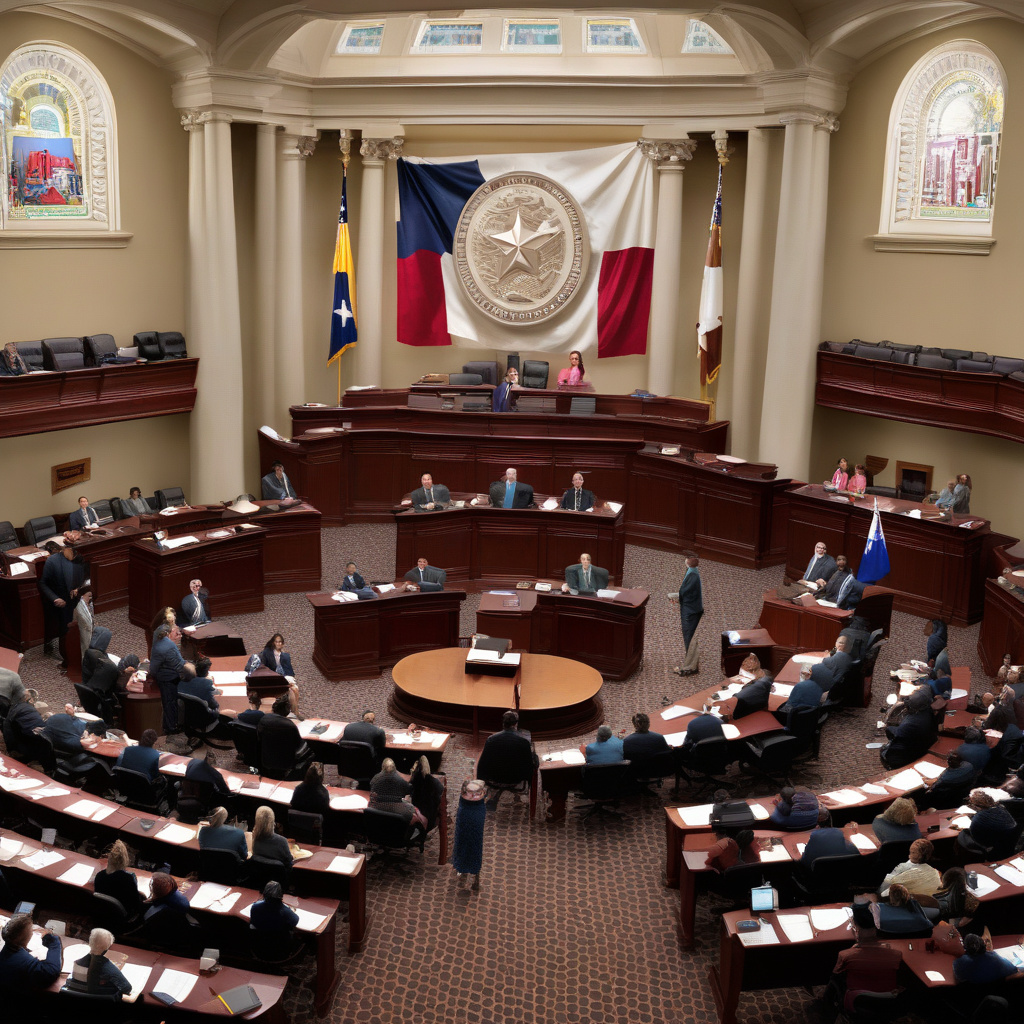Texas Supports Bill That Would Make App Stores Responsible for Age Checks
Meta’s recent efforts to hold Apple and Google accountable for app age verification processes have found support in Texas. The state is backing a bill that would require app stores to take responsibility for ensuring that users meet the age requirements for certain applications. This move comes amidst growing concerns over children’s access to inappropriate content and the need for stricter measures to regulate app usage.
The proposed legislation aims to shift the burden of verifying users’ ages from app developers to the platforms that distribute these apps. By holding app stores accountable for implementing robust age verification mechanisms, the bill seeks to enhance child safety and protect young users from exposure to potentially harmful content.
One of the key arguments in favor of this bill is that app stores have the resources and technological capabilities to implement effective age verification processes. Platforms like Apple’s App Store and Google Play Store already have access to users’ personal information, such as age and payment details, which can be leveraged to verify the age of app users. By utilizing this existing data, app stores can streamline the age verification process and prevent underage users from accessing age-inappropriate content.
Moreover, making app stores responsible for age checks can help create a more consistent and standardized approach to age verification across different apps and platforms. Rather than relying on individual app developers to implement their own age verification methods, having app stores oversee this process can ensure uniformity and compliance with regulatory requirements.
Supporters of the bill also argue that shifting the responsibility to app stores can help level the playing field for app developers, particularly smaller ones. By standardizing age verification procedures across all apps on a platform, developers can focus on creating innovative and engaging content without having to worry about implementing complex age verification systems.
However, critics of the proposed legislation raise concerns about potential privacy implications and the security of users’ personal data. Implementing stricter age verification measures could require app stores to collect more sensitive information from users, raising questions about data protection and privacy rights. There are also concerns about the effectiveness of age verification systems in preventing determined underage users from circumventing the checks.
Despite these challenges, the momentum behind the bill highlights the growing recognition of the need for stronger regulations to protect young app users. With Texas throwing its support behind the initiative, other states and jurisdictions may follow suit in advocating for greater accountability from app stores in ensuring age-appropriate content consumption.
In conclusion, the bill proposed in Texas to make app stores responsible for age checks represents a significant step towards enhancing child safety and promoting responsible app usage. By shifting the burden of age verification to platforms with the necessary resources and capabilities, the legislation aims to create a safer digital environment for young users. As discussions around this bill continue to evolve, it is essential to strike a balance between safeguarding user privacy and ensuring effective age verification mechanisms in the ever-changing digital landscape.
#Texas, #AppStores, #AgeChecks, #ChildSafety, #DigitalRegulations
